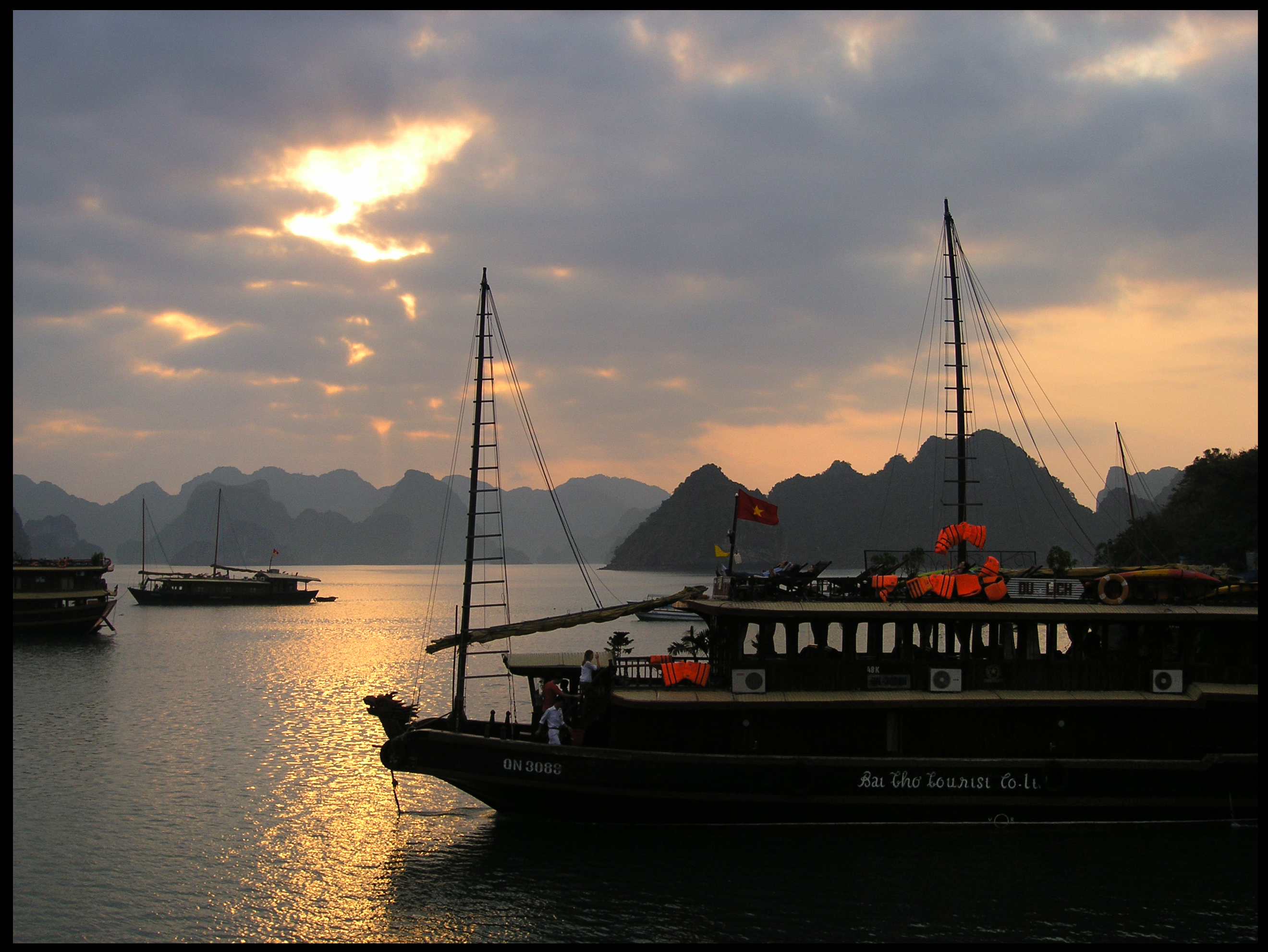No grunt slogging through the jungles of Vietnam could imagine that in 2014, 41 years after the end of the Vietnam War, the Vietnamese would be welcoming back Americans as investors, tourists, advisers and protectors.
Next year is a big year in Vietnam. It is the 40th anniversary of the fall of Saigon, on April 30, 1975. It is also the 20th anniversary of the normalization of U.S. relations with Vietnam, a country where so much American and Vietnamese blood was spilled.
The Vietnam War started in the Eisenhower Administration, dragged down Lyndon Johnson’s presidency, and was ended in the Nixon Administration amid controversy that tore America apart and has informed its foreign policy ever since.
It will be remembered in the annals of war for the limits it revealed on mechanized fighting, and the challenge of asymmetrical fighting and wrong-headiness. But it also deserves mention in the annals of peace for the surprising speed in which the war has been put aside, especially in Vietnam, where the gory past has been buried and the future embraced.
Today’s Vietnam is a place where the United States is admired and emulated. And the Vietnamese want nothing so much as to be closer to Americans.
Twenty years ago when I traveled from Hanoi, south along the spine of the country, to Ho Chi Minh City, formerly Saigon, I was astounded by the way the war had been willfully forgotten: people I met did not want to talk about it.
Da Nang still was set about with hardened bunkers, Hue, which had been the national capital until 1945, was a sad ruin, but people were determinedly forward-looking. They wanted to know three things: how could they get American goods, how could sell their goods in the U.S. market, and what was the United States going to do about China?
A generation later, Vietnam is more passionate in its desire to get close to the United States. The government of Vietnam is making a new push for American investment, particularly in the privatization of infrastructure, which is still government-controlled and beset by inefficiency and corruption.
Vietnam Report, a business and data service, has just released a comprehensive white paper, prepared by Corr Analytics, a New York-based risk management consultancy, that paints an agreeable picture of investment opportunities, particularly in those industries that the Vietnamese government is anxious to hive off to the private sector. Of 432 projects identified by the government, Corr has honed in on what it believes to be the 31 best-investment targets. These range from opportunities — from a few million dollars to over $7 billion — in finance, infrastructure, manufacturing and petroleum.
The backstory is that Vietnam needs more than U.S. investment. As it struggles against China in the South China Sea, over territorial claims on small island groups that are thought to contain large hydrocarbon reserves, Vietnam wants the United States to be a visible friend.
There is even talk that the United States, might establish a naval base at Cam Rahn Bay, its legendary base and deep-water port during the Vietnam War. This, the argument goes, would compensate for the loss of the naval base at Subic Bay in the Philippines. Come back, Yanks.
Several analysts have told me that they believe Vietnam to be an excellent investment opportunity, but there are concerns. The government is nominally communist and there is only one party: the Communist Party. It is avowedly pro-business but faces human-rights issues, press-freedom issues, and the impartiality of the judiciary is questionable. Corruption is widespread and debilitating.
Yet Forbes magazine is looking to Vietnam as the new Asian investment haven. In the World Bank’s Ease of Doing Business rankings, according to Corr Analytics, Vietnam is ahead of major investment destinations such as China, India and Brazil. Vietnamese Prime Minister Nguyen Tan Dung has made it clear that his country is open for business – particularly American business.
Tourism is growing, especially at Vietnam’s superb beaches. Lauren Graham, who stars in the NBC drama “Parenthood,” has taken a bicycle trip with her father, a Washington lobbyist and fluent Vietnamese speaker.
Some who fought in Vietnam have joined the ranks of its boosters, like Tom Patterson, the famed Harvard professor, who is helping to develop a high-technology village near Nha Trang and Cam Rhan Bay, where he was once stationed.
The generational change also has made a difference. Much of the Vietnamese population was not born during the war. A new generation of Americans has been shaped by war in the Middle East not in Asia. — For the Hearst-New York Times Syndicate



